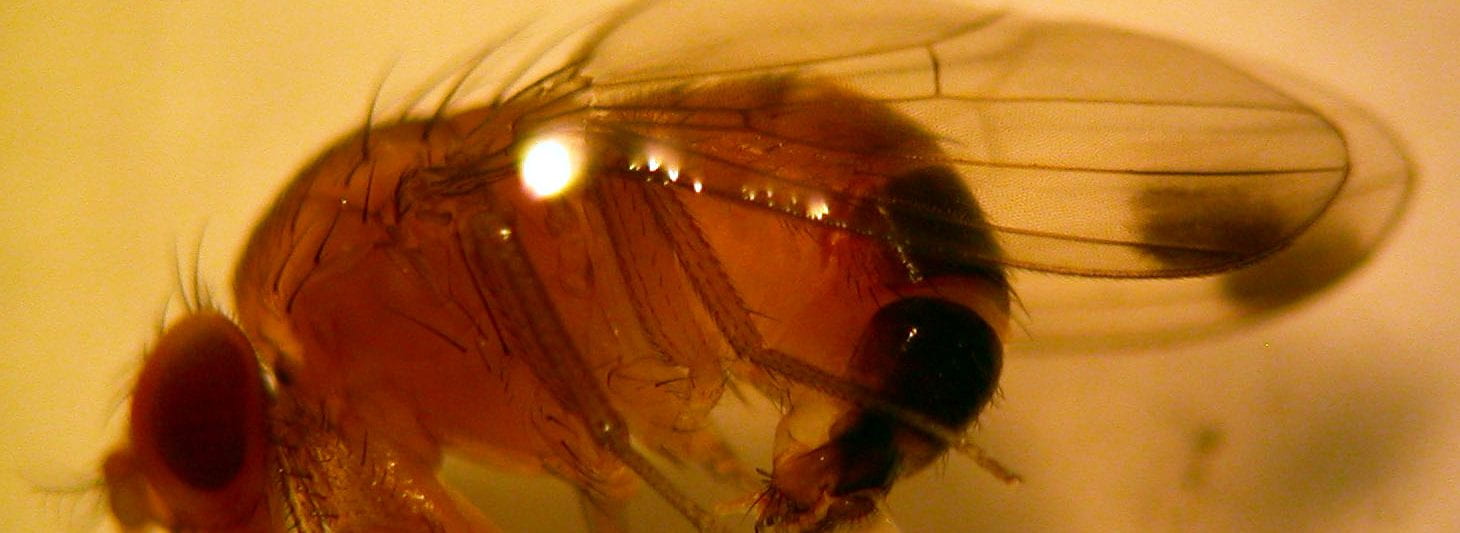The forest and woodland tree, black cherry, Prunus serotina, is another SWD-preferred wild host. This tree grows in forests and landscapes throughout the Northeast and is native to North America. On Long Island, recent inspections by Faruque Zaman, Suffolk County Cornell Cooperative Extension, showed that over 90% of its fruit were infested with SWD. On average, 112 adult SWD emerged after incubating 4 oz. samples of black cherry fruit in the lab. So far, black cherry is the earliest (mid-July) wild host utilized by SWD that has been identified on Long Island. Pokeweed, another known wild host of SWD, has been found to have 80% infested fruit at this time. Fruit of these two wild hosts appear to be the most preferred in late summer and early fall. At this point, we have no clear idea what proportion of the SWD population is migrating into crops from these hosts nor whether SWD will overwinter from these wild hosts.


